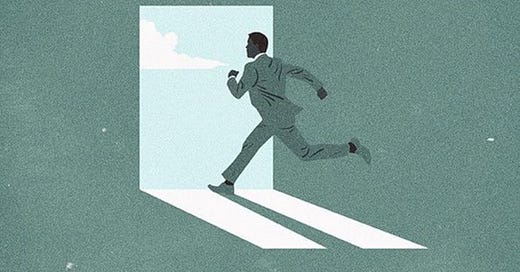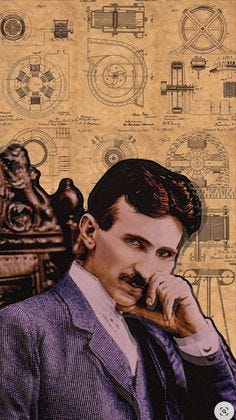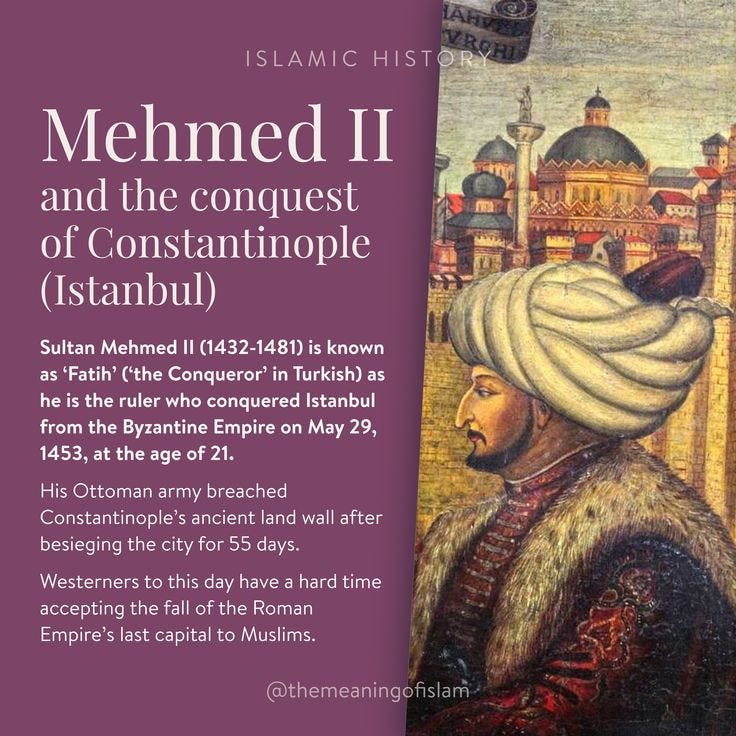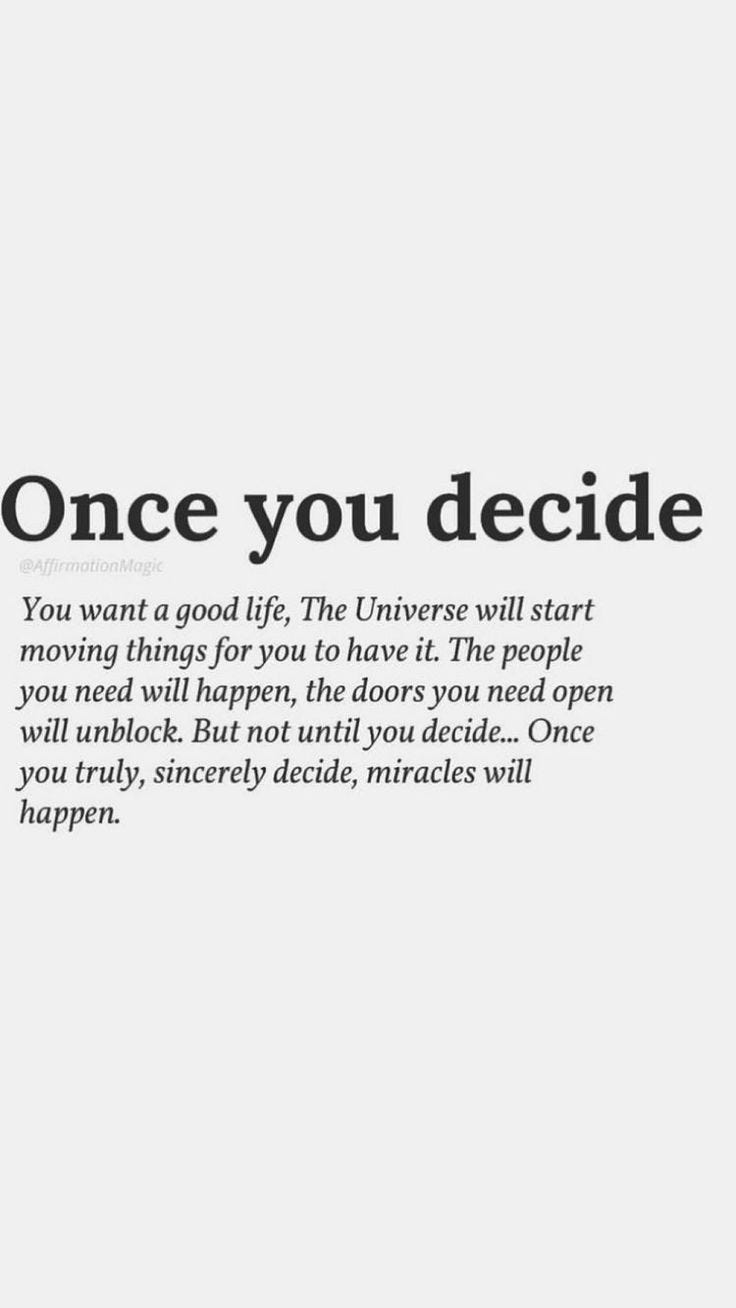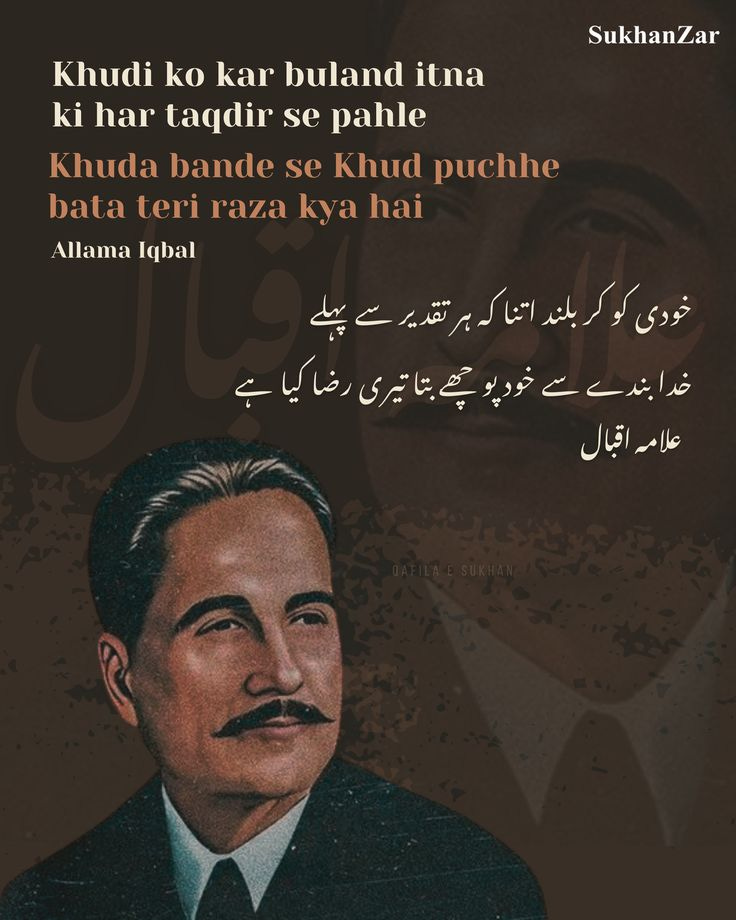Building on my previous post, I quoted Imam Ali (a.s.), who said, "I recognized God by the breaking of my intentions." I also mentioned that "Freedom is only in choosing God; the rest is submission." In this post, I’ll delve deeper into this idea. But before it leads you to think we’re like robots, let me share some inspiring stories of people from both the past and present who were pioneers, creating something that didn’t exist before them.
William Wigan
One can never think of creating what William imagined since his childhood.
“William Wigan, a microsculptor, is a testament to the extraordinary power of human creativity and free will. Despite the overwhelming odds, he carved tiny, intricate sculptures smaller than a grain of sand, using a microscope to bring his art to life. Wigan’s journey is a powerful example of how the human spirit can overcome any limitations placed by fate. Born without formal art training and in a world that might have seen his vision as improbable, he chose to defy conventional expectations and created masterpieces that no one had ever imagined. His story raises a profound question: if fate was truly in control, could such ground-breaking achievements ever come to pass? William Wigan’s art is proof that human will and determination can transcend any preordained path, and that our choices, vision, and actions ultimately shape the life we live, rather than being dictated by the stars.”
Nikola Tesla
“Nikola Tesla, the genius mind behind alternating current (AC) electricity, was a man who defied the boundaries of his time — and perhaps, of fate itself. Born into modest means and often misunderstood by the world, Tesla didn't follow a path laid out by his circumstances or heritage. Instead, he carved his own way through sheer imagination, relentless effort, and an unshakable belief in his ideas. While the world praised more conventional inventors, Tesla dreamed of wireless energy, free power for humanity, and machines far ahead of his era. If fate dictated that only the privileged or accepted minds would shape history, Tesla was the exception that rewrote that rule. His life was not the outcome of predetermined luck but of intense willpower, vision, and sacrifice. Tesla’s legacy is a vivid example of how free will — when combined with deep purpose — can bend the course of history and challenge the very idea that destiny alone defines greatness.”
Sultan Mehmed Fatih
“One of the most astonishing moments in military history occurred during the Siege of Constantinople, when the young Ottoman Sultan Mehmed II, famously known as Mehmed the Conqueror (Mehmed Fatih), demonstrated a level of ingenuity and willpower that defied expectations and even the natural limitations of terrain. The city of Constantinople had stood unconquered for over a thousand years, protected not only by massive walls but also by the Golden Horn, a natural harbor that formed a sea barrier on one side of the city. The Byzantines had placed a massive chain across the mouth of the Golden Horn to prevent any enemy ships from entering, effectively securing the waterway.
Most would have considered this a dead end — a sign of fate, perhaps, that the city was impenetrable. But Mehmed refused to be bound by what seemed “written.” What he did next stunned not only the Byzantines but the world.
Mehmed ordered the construction of a greased wooden road over the hilly terrain north of Galata, bypassing the chained harbor entirely. His engineers and soldiers hauled over 70 ships, one by one, across land — over hills, forests, and uneven ground — using logs as rollers, animal strength, and human force, with greased planks reducing friction. The distance covered was roughly 3 to 4 kilometers, an extraordinary logistical challenge given the size and weight of the ships.
This was not just a military maneuver; it was a statement of human will over nature, of vision overpowering obstacles. By the morning, the Byzantine defenders were shocked to see an Ottoman fleet inside the Golden Horn — an area they had considered completely secure. This strategic genius broke their morale and was a turning point that eventually led to the fall of Constantinople on May 29, 1453.
This single act — of moving ships through land — wasn’t foretold by fate or predicted by any chart of stars. It was born purely from Mehmed’s intellect, boldness, and refusal to accept defeat. It was the power of human free will, fueled by purpose and belief in the impossible.”
I hope this made you think, “Humans have done marvellous things — and they still are.”
I could share countless more stories like these, but I believe these are the most profound and subtle in conveying my message.
Striving Is for All Humanity, Not Just Believers
Indeed, Islam comes with a message of submission. It calls us to surrender our will to Allah — but it never teaches us to stop trying, give up, or sit back and relax.
To try, to dream, to act — that is your right.
No one, not even Allah, stops you from thinking, dreaming, or pursuing what you believe is right for you.
But when the results don’t come in your favour — even after trying for the hundredth time — you shouldn’t feel chained. Instead, you should keep your faith strong through submission.
Submission means saying, “I accept this result — because it is what Allah chose for me.”
Yet at the same time, it also means saying, “I will try again and again until I am granted what I dream of,” or, “Maybe this thing isn’t meant for me — and I’ll accept that too.”
Now, this will look different for every individual.
And that’s the beauty of Islam — we are taught how to navigate this uncertainty through Istikhara.
The Prophet ﷺ used to teach us the way of doing Istikhara (which means asking Allah to guide us toward the right course of action in any decision), just as he taught us the Surahs of the Qur'an. He said:
"If any of you is concerned about a decision, let him offer two rak‘ahs of voluntary prayer, then say: ‘Allahumma inni astakhiruka bi ‘ilmika… thumma ardini bihi.’"
(O Allah, I seek Your guidance [in making a choice] by virtue of Your knowledge… then make me pleased with it.)
This is not just a ritual. It’s a form of divine consultation — a way to move forward with faith, no matter what the outcome.
For those who arent muslims, they often have heard about “the law of attraction”.
We can find the same in Quran too 59:39 here is nothing for man but what he strives for. In this ayah , Allah didnt say “Muslims” or “Those who believe” but He says “Humans”, its true that you will sooner or later get what you strive for.
You Become Your Journey
People often say that they don't get what they worked for — but that's not true. (I’ve thoroughly covered this in Fate vs Freewill 01 and Fate vs Freewill 02.)* You become your journey in life. If you’ve strived to become an actor — no matter how hard or passionately you’ve worked, and whether or not you became famous — you’ll still gain the knowledge, the experience, the essence of that path. You get immersed in the thing you’ve consistently done over time.
Our bodies adapt to whatever we do regularly — even if it's just a minute a day.
We become our routine. Isn’t that true?
Now, I started off talking about the law of attraction — but a Muslim knows that even if the desired result isn’t granted in dunya, they will be compensated in akhirah. After all, Allah has promised that He accepts our duas.
And when My servants ask you, [O Muhammad], concerning Me - indeed I am near. I respond to the invocation of the supplicant when he calls upon Me. So let them respond to Me [by obedience] and believe in Me that they may be [rightly] guided.
Surah Baqrah 2:186
and those of believe means those who know that this worlds not the end. We have to submit our wills/desire if not granted as a gratitude of God’s saving us from what is unknown to us and can be harmful.
The Greater Jihad: Fighting the Self
كُتِبَ عَلَيْكُمُ ٱلْقِتَالُ وَهُوَ كُرْهٌۭ لَّكُمْ ۖ وَعَسَىٰٓ أَن تَكْرَهُوا۟ شَيْـًۭٔا وَهُوَ خَيْرٌۭ لَّكُمْ ۖ وَعَسَىٰٓ أَن تُحِبُّوا۟ شَيْـًۭٔا وَهُوَ شَرٌّۭ لَّكُمْ ۗ وَٱللَّهُ يَعْلَمُ وَأَنتُمْ لَا تَعْلَمُونَ
Fighting has been made obligatory upon you ˹believers˺, though you dislike it. Perhaps you dislike something which is good for you and like something which is bad for you. Allah knows and you do not know.
This ayah in one aspect speaks about the fighting with your nafs,as Prophet (P.B.U.H) said to his companions when they returned from a military campaign, “We have come back from the lesser jihad to the greater jihad.” They said, “Is there any greater jihaad than jihad against the kuffar?” he said, “Yes, jihad al-nafs (jihad against the self and Also Prophet Mohammad (P.B.U.H) said:
"The struggler is the one who strives against his soul/self in obedience to God, the Mighty and Majestic." [Tirmidhi, Ibn Majah]
At once this ayah speaks of fight with one’s own self, and then with those who corrupts the land. As a Khalifa tul Ard, it’s an amanah to establish the deen and fight with those who spread corruption in land.
Say, ˹O Prophet,˺ “Will I take any guardian other than Allah, the Originator of the heavens and the earth, Who provides for all and is not in need of provision?” Say, “I have been commanded to be the first to submit and not be one of the polytheists.”
Surah Al An’am 6:14
Well, now let’s get back to the stories I shared at the very beginning of this post — William Wangen, Nikola Tesla, and Mehmed Fatih.
What’s common among them?
They all did extraordinary things. Things that weren’t taught, weren’t imagined, and certainly weren’t expected. These were not achievements predicted by horoscopes or written in the stars. They broke limits, they rewrote the rules — and they proved that destiny bends for those who dare to dream and act.
No, the stars didn’t predict that.
But their will, effort, and belief carved it into existence.
Everyone quotes that verse — but these people lived it.
They rose above ordinary human tendencies and fleeting desires.
They achieved what they strived for — not by luck, not by waiting for signs from the stars, but by sheer will, vision, and action.
Such impossible feats weren’t done by Saturn, Jupiter, or Mars.
They were done by humans.
I’ll be launching a separate series on astrology soon — but let me say this for now:
Humans have been given the power to create.
Unlike other beings that simply copy and repeat, we have been gifted with the ability to imagine, to shape, to give birth to what has never existed before.
We’re not meant to follow the stars —
We’re meant to outshine them
To Be Continued….


